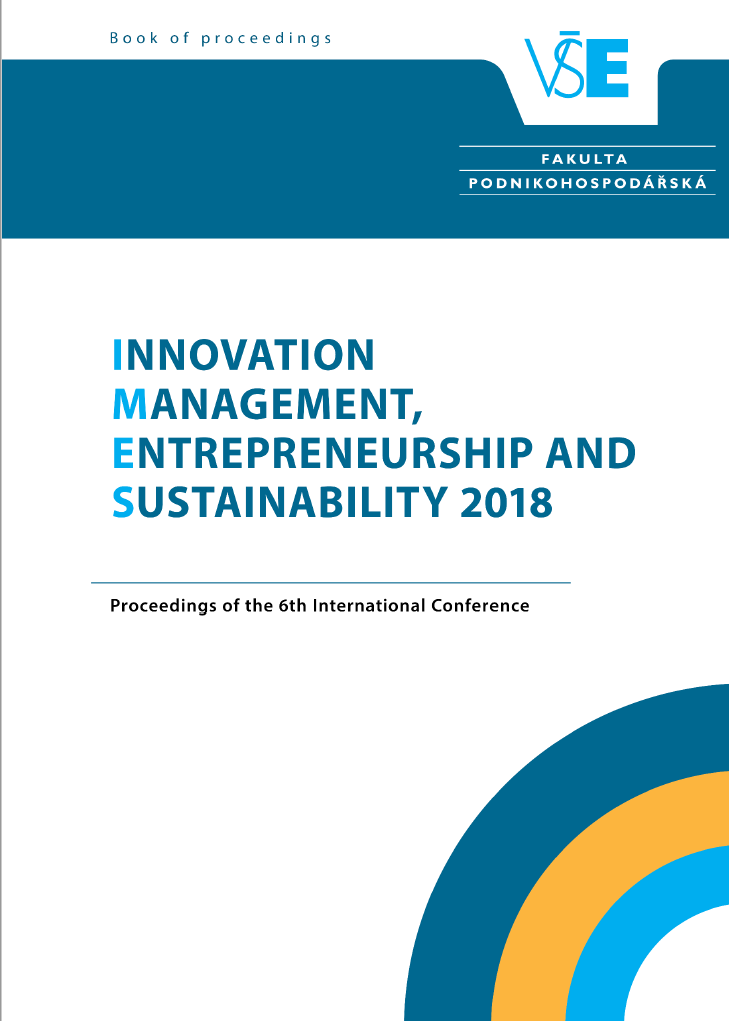Determining Critical Issues in Social Entrepreneurship Education
Determining Critical Issues in Social Entrepreneurship Education
Author(s): Marzena Starnawska
Subject(s): Social Sciences, Economy
Published by: Vysoká škola ekonomická v Praze
Keywords: Social entrepreneurship; entrepreneurship education; social enterprise; university education; social constructionism; social capital
Summary/Abstract: Purpose:The social entrepreneurship education (SEE) research has sofar, been not sufficiently studied in the literature. This is surprising, considering the dynamic interest of academia in social entrepreneurship (SE) phenomenon. The aim of this paper is to identify critical issues in designing and providing social entrepreneurship education.
Design/methodology/approach:The paper is a conceptual work. As academic effort on SEE is rare the literature review analyses a limited number of key texts. Here, the author employs critical review of the literature on social entrepreneurship education. Papers in this area, from education, management and entrepreneurship literatures are identified and relevant issues for education discussed.
Findings:The work brings several findings and suggestions for SEE. The curriculum needs efforts in merging “social” and “entrepreneurship” elements. Issues of scalability, sustainability for SE need to be carefully delivered and reflect the impact requirements and challenges social enterprises face. The discussion on SEE asks for stakeholder approach in the design and delivery thanks to the process of interaction between university and environment where the university is a member of a local ecosystem. The emergence of interactions, requires social constructionist approach in researching and teaching SE. Therefore,there is a key role, where it does not provide SEE but acts as socially responsible organization inside and within own value chain.
Research/practical implications:The findings are related with complexity and contextuality of social entrepreneurship phenomenon. SEE curriculum cannot be designed in the same way as an EE curriculum. This brings implications for the teaching methods and content like textbooks, case studies, best practices. Also, educators and teaching programme design need toinclude interactive discussion with different actors and organizations from local community, to respond to their institutional context. Diverse group of stakeholders should be involved in the construction of SEE agenda. The future research could cover research among educators and programme designers and their own experiences, in particular educational settings or countries.
Originality/value: The contribution of this work is that it comprehensively overviews important issues highlighted in the scarce literature in entrepreneurship and management area that need to be considered when designing and providing SEE. The paper addresses the key call for engagement of educational environment stakeholders in providing and designing SEE.
Book: Innovation Management, Entrepreneurship and Sustainability (IMES 2018)
- Page Range: 1014-1024
- Page Count: 11
- Publication Year: 2018
- Language: English
- Content File-PDF

